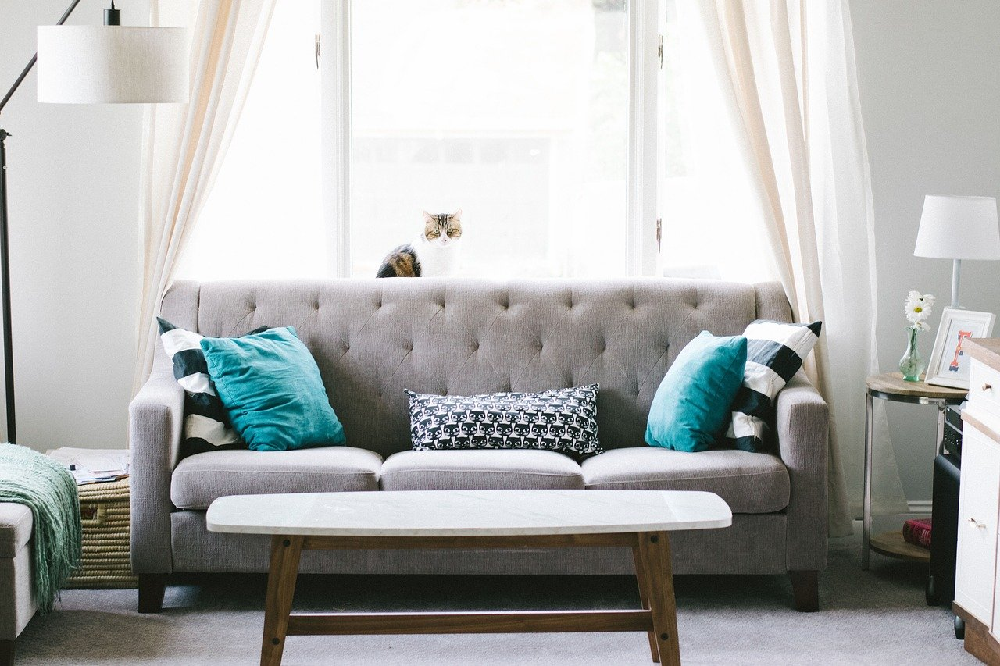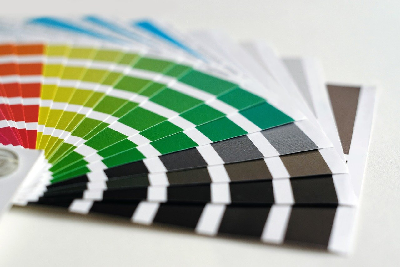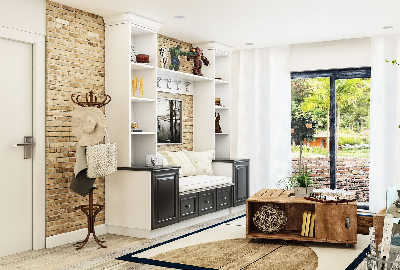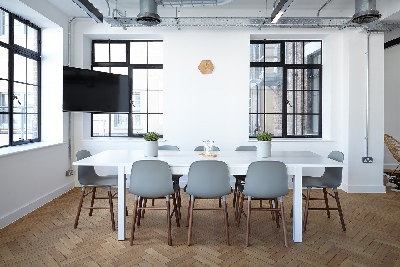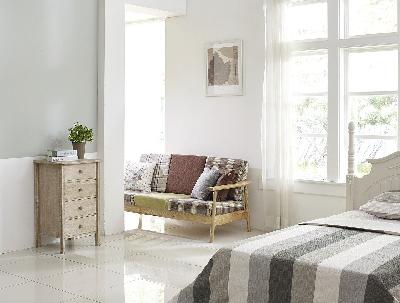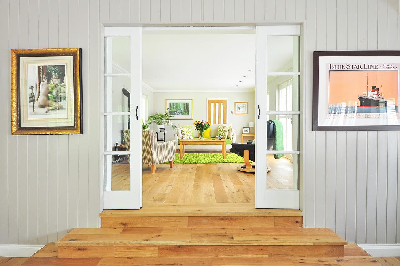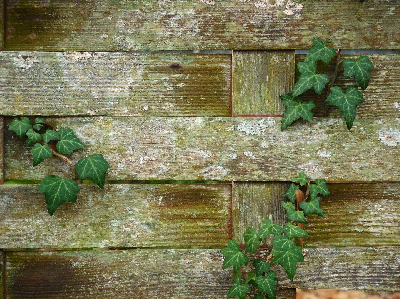A job of an interior decorator can be really fulfilling and creative. However, it requires a specific set of qualifications. Check what you need to become a full-time interior decorator!
For many, decorating spaces is a hobby. But some take a step further and turn it into their profession. If you're passionate about interior design, it's worth thinking about making such a decision. It's a job that doesn't require a formal education - what matters the most is the aesthetic feeling, eye to detail, and practical skills. Since the threshold of entry is not that high, requalification is not that risky as with the other professions.
Is becoming an interior decorator a good choice?
Following your passion is always the best step you can take. If you love what you do, you're more eager to polish your skills and expand your knowledge. As a result, you become better and better. The success may not come instantly, but with a bit of determination, you'll get there for sure.
With the current situation in the housing market, the demand for interior decorators is actually increasing. The flats are becoming more expensive and smaller - as a result, the intervention of experienced decorators becomes necessary. With their help, it's possible to make it feel more spacious through a thoughtful arrangement of the furniture and the usage of the appropriate colours and textures. The interior decorators can also make the space smarter, suggesting 2in1 compact solutions.
Interior designer vs. interior decorator - what's the difference?
The interior decorators are often mistaken for interior designers and vice versa. In fact, these two professions are similar, but there are some fundamental differences between them.
The main one lies in the scope of duties. The interior designers should have a more holistic approach to arranging spaces. Before creating a design or redesign project, they need to understand the specifics of the space, the role it plays in the life of its users, and the main challenges it generates. Generally, their job relies much more on problem-solving than in the case of interior decorators. When preparing the project, the interior designer should remember about fire safety, accessibility, and acoustics, among other features.
The interior decorators, on the other hand, focus on making the space look good. They try to turn flaws into advantages by using optical illusions and choosing the right textures and materials. Harmonizing them and selecting the accessories to finish the effect is a part of their duties as well. They suggest the colours, fabrics, accessories, flooring, paints, lighting, and furniture that fit the particular space.
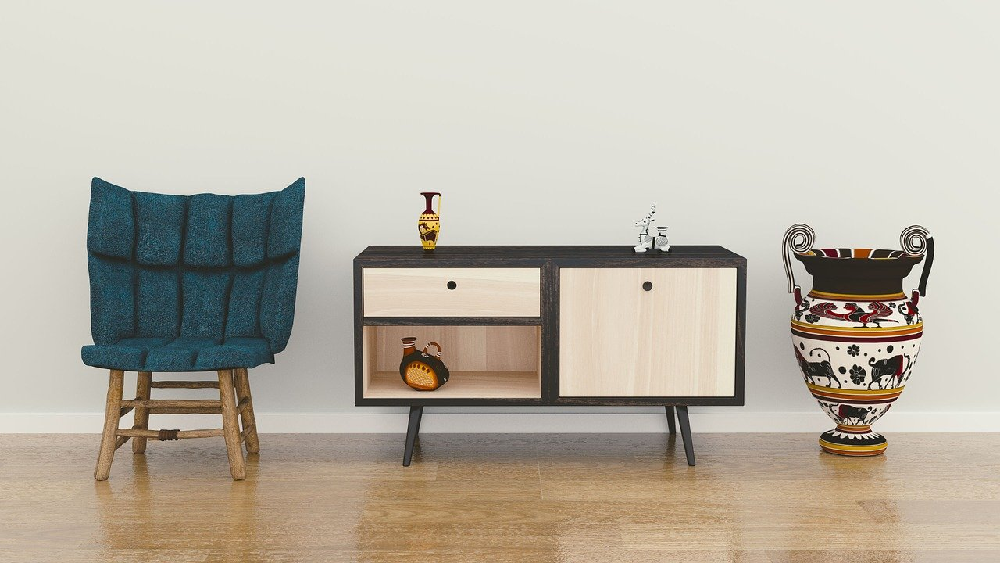
What are the features of a good interior decorator?
A reliable interior decorator should not focus on radical changes. The ability to carry out a total metamorphosis can feel empowering, but it's not what decorating is about. Its clou is to notice its unique character and underline it through some changes in the interior design.
Interior decorators should always come up with fresh ideas which combine trends and the space's characteristics. However, their creativity should be followed by the ability to listen and understand their clients' needs.
What qualifications do you need to become an interior decorator?
As we've already mentioned, contrary to the interior designers, the decorators usually don't have any formal training. Any courses and certifications are obviously a plus from the perspective of the client. However, a university education is not necessary for this profession.
The interior decorator should be able to:
- create mood boards and visualizations for the client
- create colour palettes
- follow the current interior design trends and identify those that go in line with the clients' expectations and the specifics of the space
- choose paints and wallpapers that are appropriate for the particular surface and the conditions of the space
- know the properties of particular materials
- carry out an expertise of the walls and floors to plan the scope of necessary works
- suggest furniture and accessories
If you're searching for the most experienced decorators London has, contact Ignas. We cooperate with experts on decoration, offering our clients a complex end-to-end service.
